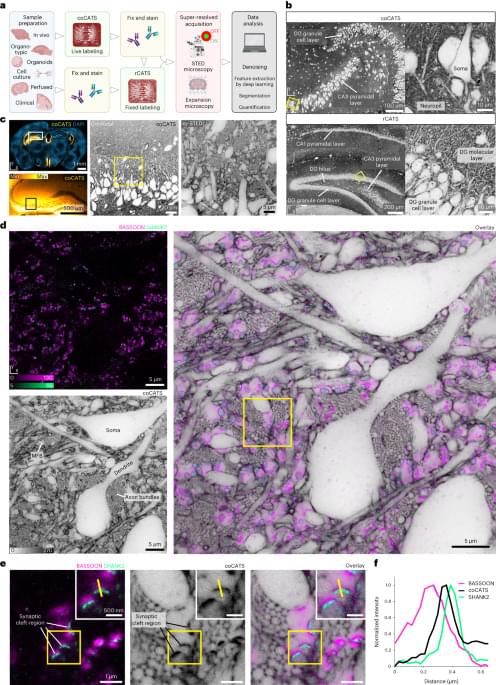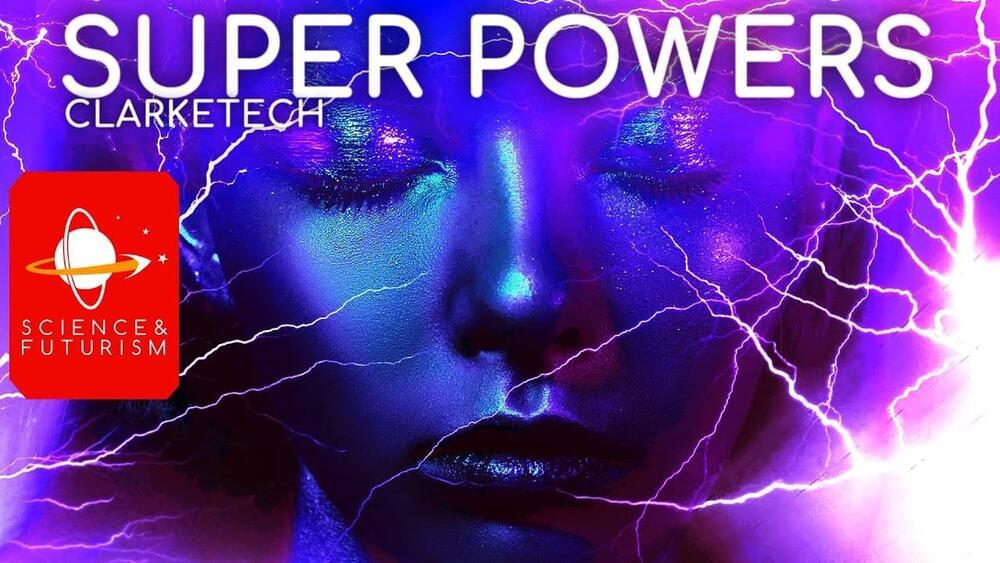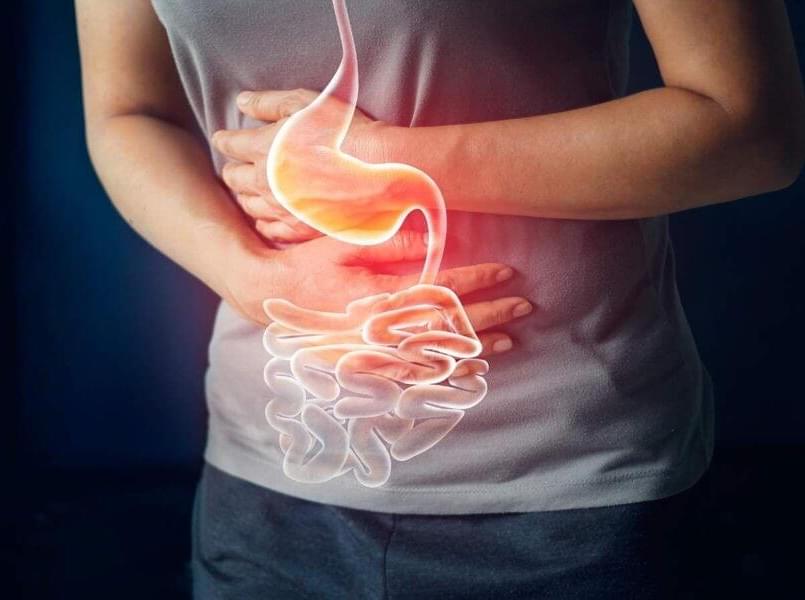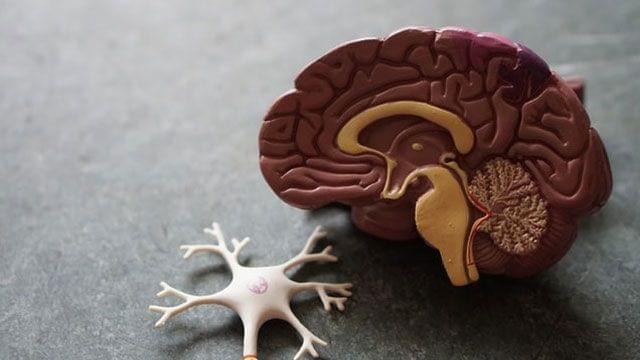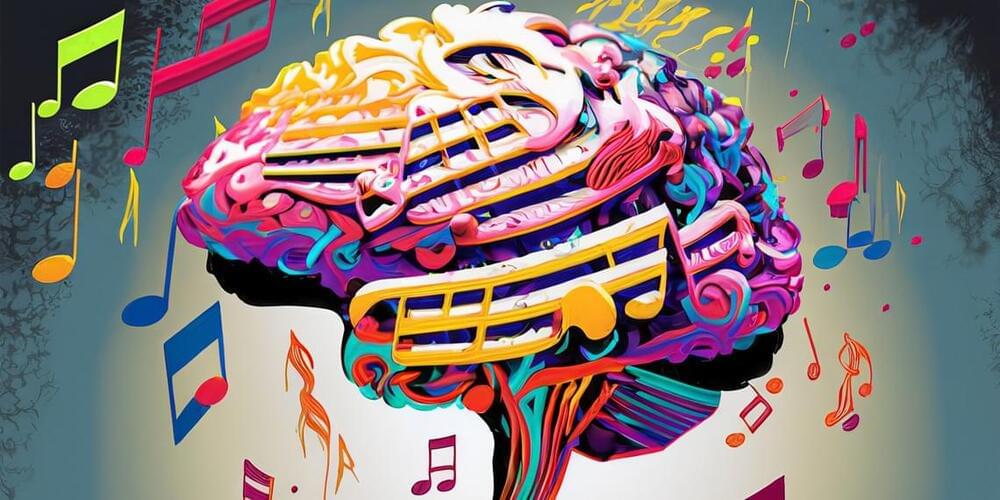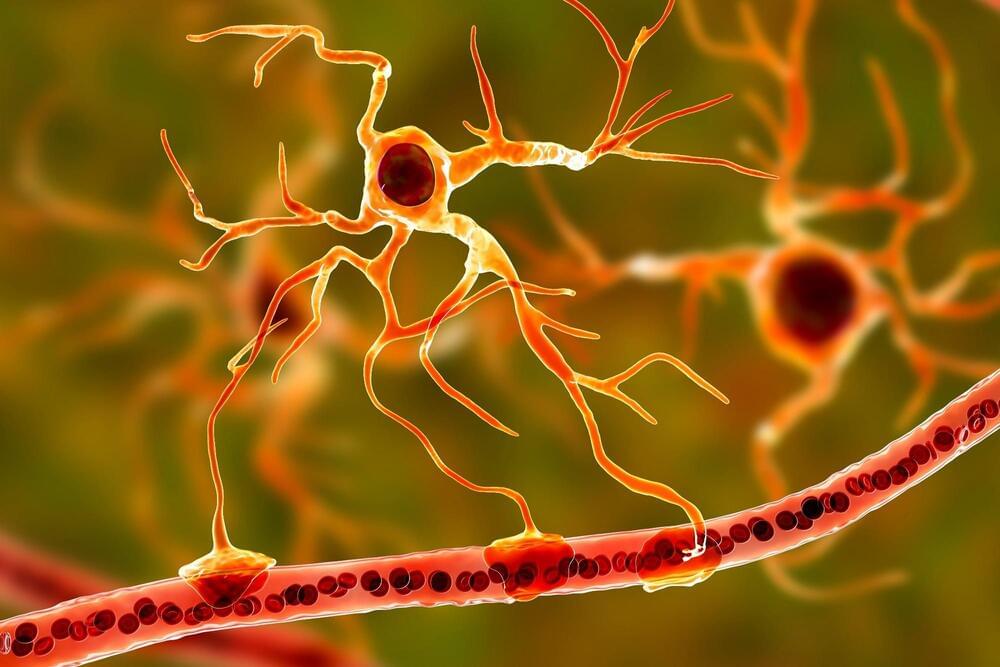Sep 11, 2023
What Would Transhuman Brains Mean? | Episode 2113 | Closer To Truth
Posted by Dan Breeden in categories: ethics, neuroscience, transhumanism
How brain enhancements can correct disabilities is an important question. But not a Closer To Truth question. What happens to personal identity? Would “I” still be me? What about moral standing? Would it change? Could my mind be uploaded? Would “I” live on?
Featuring interviews with Michio Kaku, Antonio Damasio, Leonard Mlodinow, V.S. Ramachandran and David Chalmers.
Continue reading “What Would Transhuman Brains Mean? | Episode 2113 | Closer To Truth” »

